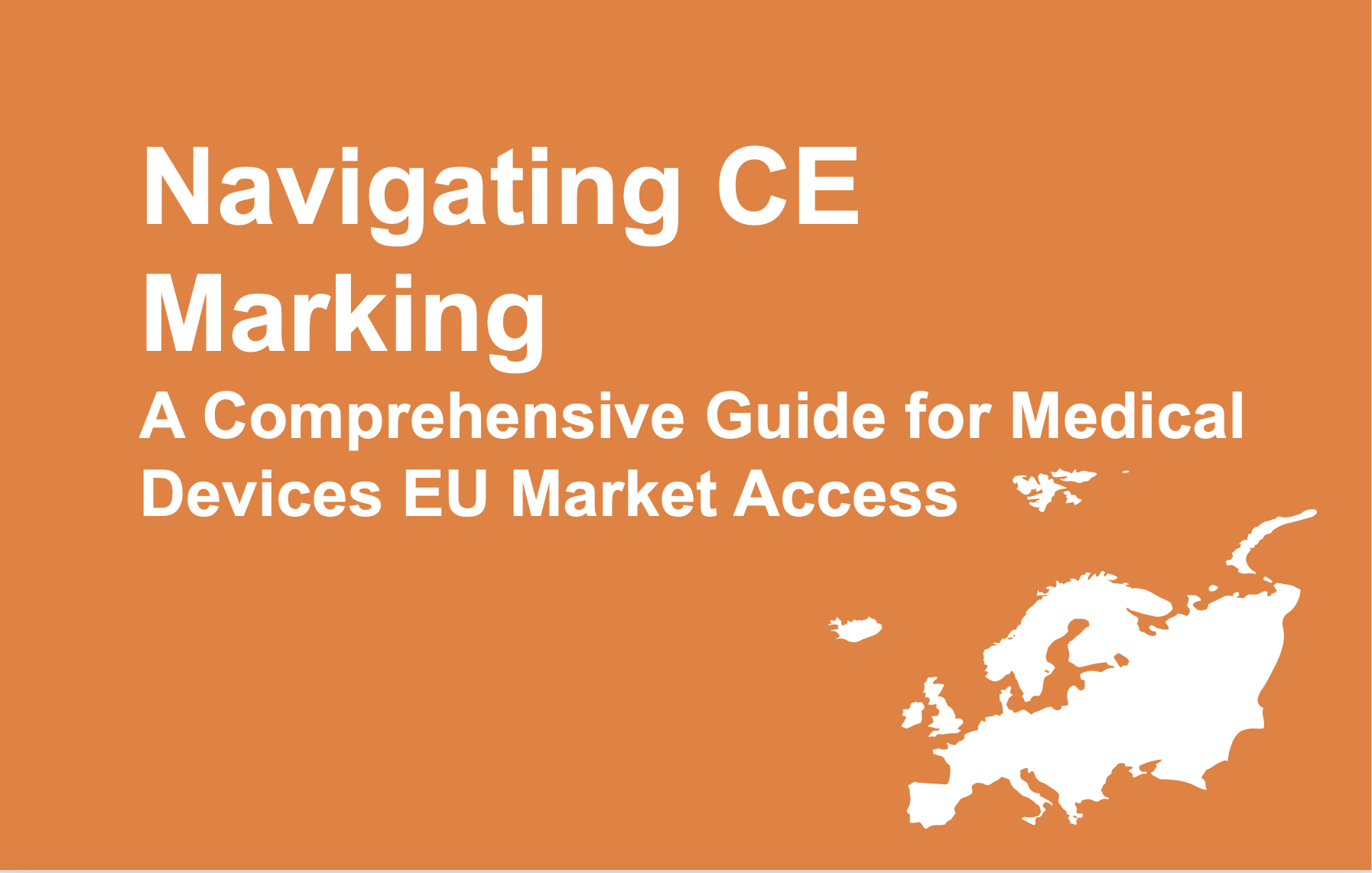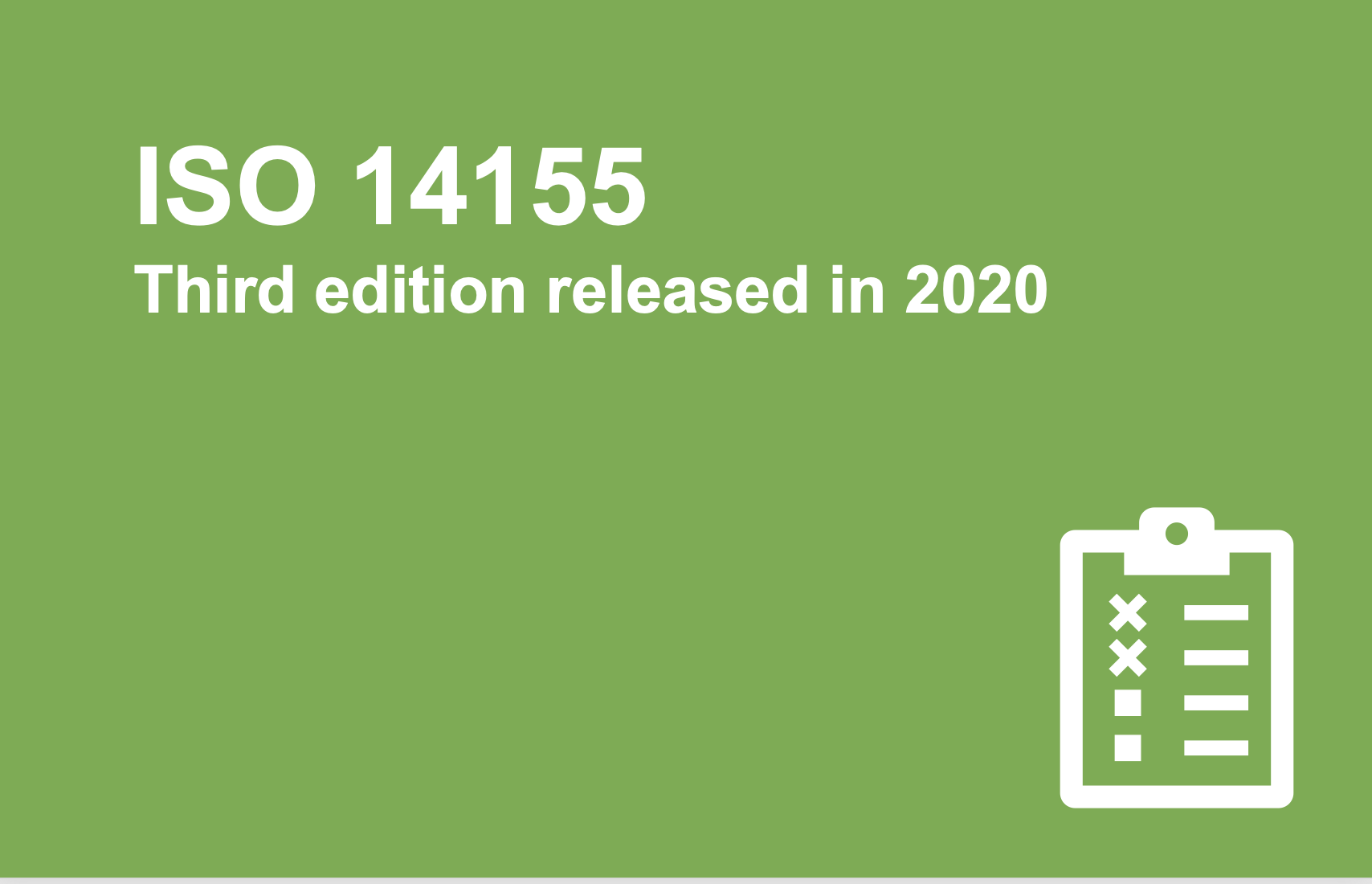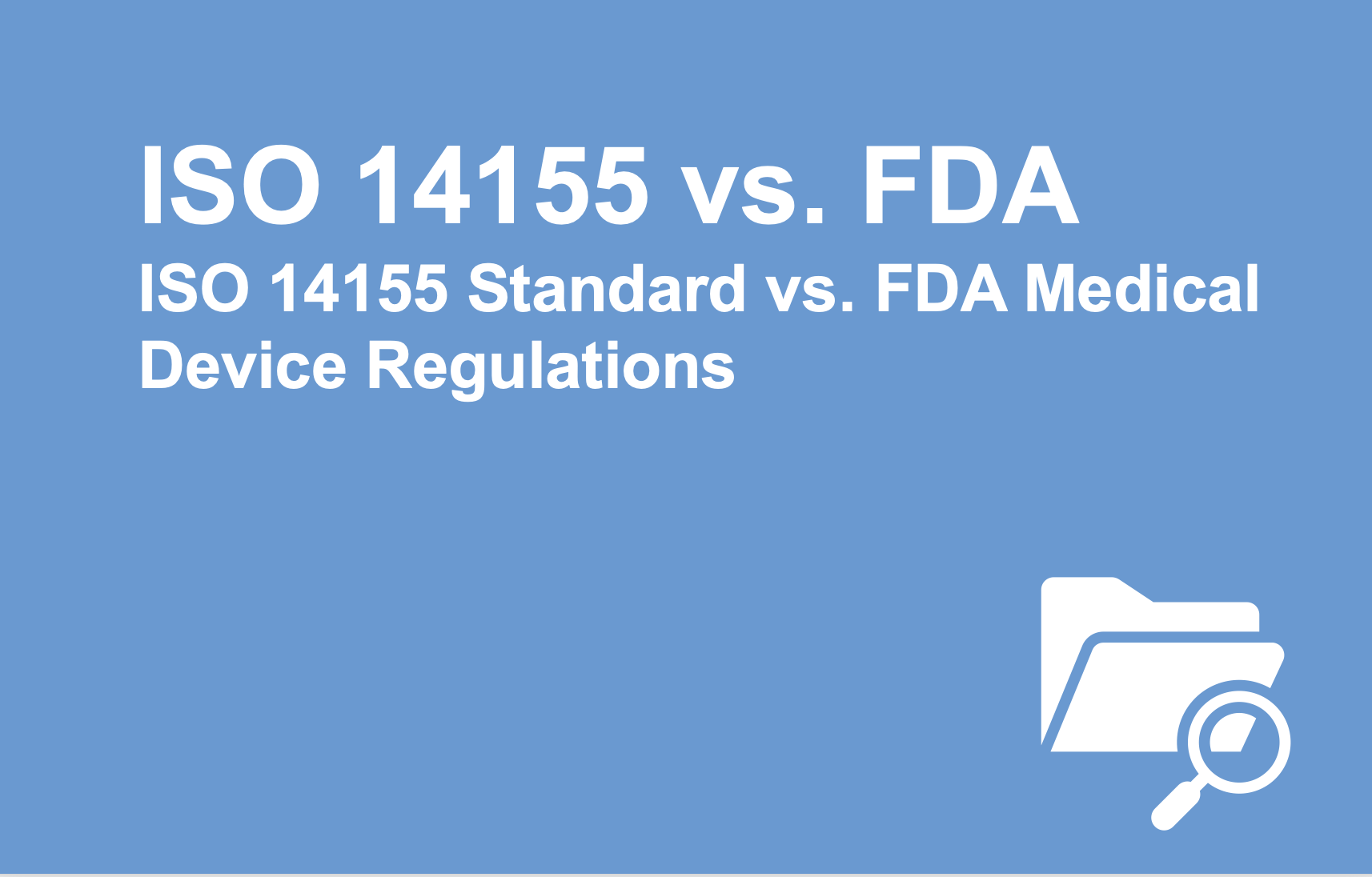Course Description:
In the rapidly evolving landscape of digital health, software has taken center stage in medical device innovation, particularly those harnessing the power of Artificial Intelligence (AI). “Clinical Investigation of Software as Medical Devices (SaMD) – A Focus on AI-Powered Solutions” is a cutting-edge course designed for professionals who aspire to master the regulatory complexities and clinical investigation processes associated with software-based medical devices, especially those integrating AI.
This comprehensive course delves into the unique characteristics of SaMD, the challenges posed by its adaptive nature, the integration of AI algorithms, and the continuous learning systems that differentiate it from traditional medical devices. Participants will engage with the material through a combination of theoretical learning, case studies, and interactive sessions that reflect the multidisciplinary nature of SaMD development and evaluation.
Key Learning Objectives:
- Understanding SaMD: Define and differentiate Software as Medical Devices, with a focus on those utilizing artificial intelligence. Explore the lifecycle from development to post-market surveillance, highlighting the iterative nature of AI-powered SaMD.
- Regulatory Landscape: Navigate the global regulatory environment for SaMD, including an in-depth analysis of standards like the ISO 14155, the FDA’s guidance on AI/ML-based SaMD, and the European Union’s Medical Device Regulation (MDR) 2017/745, and the ARTIFICIAL INTELLIGENCE ACT.
- Clinical Evaluation and Investigation: Examine methodologies for the clinical evaluation of SaMD, considering the unique challenges of AI adaptability, data quality, and real-world performance monitoring. Learn to design robust clinical investigations that accommodate the continuously learning aspects of AI.
- Risk Management: Apply principles of risk management to SaMD using standards such as ISO 14971, focusing on the unique risk profile of AI-powered devices, including algorithmic bias, data privacy, and cybersecurity.
- Quality Management: Investigate strategies for establishing a comprehensive quality management system tailored to SaMD, referencing ISO 13485 standards, and integrating principles specific to software development and AI algorithm monitoring.
- Ethical Considerations: Discuss the ethical implications of using AI in healthcare, including consent, algorithmic transparency, patient safety, and the balance between innovation and regulation.
- Practical Case Studies: Analyze real-world cases of AI-powered SaMD development and deployment, learning from successes and failures, and applying lessons to hypothetical clinical investigation scenarios.
- Future Perspectives: Explore emerging trends and future considerations in the SaMD space, preparing participants to anticipate and adapt to changes in technology and regulation.
Who Should Attend:
This course is designed for healthcare professionals, medical device developers, software engineers, regulatory affairs specialists, quality assurance professionals, clinical researchers, and anyone interested in the development, validation, and deployment of AI-powered Software as Medical Devices.
By the end of this course, participants will be well-equipped with the knowledge and skills necessary to navigate the clinical investigation pathway for Software as Medical Devices, with a special emphasis on those harnessing AI. They will be prepared to lead in the ideation, development, testing, and deployment phases of SaMD, contributing to innovative advancements in healthcare technology.
Contact Us Now
- Name: Maria Nyåkern, Ph.D., Principal Advisor
- Phone: +34 697 77 13 47
- Email:maria@nyakern.com
- Website: www.nyakern.com










